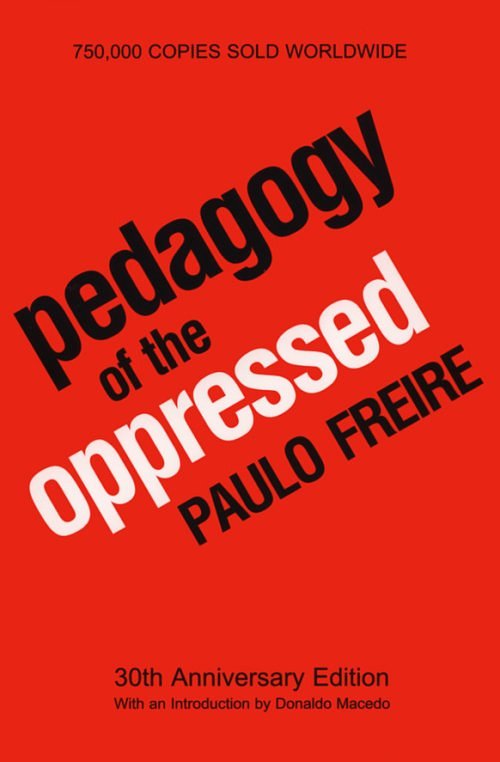Government Grants
Business Grants
Home Owner Programs
Federal Programs
About Us
CSREES Grants
CSREES
To initiate new research to understand the factors and conditions which result in resiliency in communities and families. ...morePosted On - 2009-09-24
CSREES
The purpose of the TAAF program is to provide U.S. agricultural producers whose commodities have been certified as adversely affected by imports, and who have been approved through individual...morePosted On - 2009-08-20
CSREES
CSREES is interested in funding comparisons between certified organic farms and conventional farms of sediment delivery, nutrient use and transport, and overall water availability at the farm or...morePosted On - 2009-06-18
CSREES
The purpose of the SBIR program is to provide an opportunity for US-owned, for-profit small business firms to submit innovative, applied, research and development projects that address important...morePosted On - 2009-06-10
CSREES
In FY 2009, the Critical Agricultural Materials Program will support the development and demonstration of novel, environmentally friendly technologies for use in paints and coatings, and adhesives...morePosted On - 2009-06-02
CSREES
The goal of RRP is to contribute to the improvement of U.S. rangeland resources and the ecosystem services they provide by supporting the development of new and emerging rangeland science...morePosted On - 2009-05-26
CSREES
Community Food Projects should be designed to (1): (A) meet the food needs of low-income people; (B) increase the self-reliance of communities in providing for their own food needs; and (C) promote...morePosted On - 2009-04-07
CSREES
CSREES requests applications for the following programs:1)Integrated Pest Management: Crops at Risk Competitive Grants Program (CAR);Integrated Pest Management: Crops at Risk Program The goal of the...morePosted On - 2009-03-25
CSREES
The primary purpose of CSREESÂ’ BFRDP is to provide U.S. beginning farmer and rancher producers and their families, as appropriate, with the knowledge, skills and tools needed to make informed...morePosted On - 2009-03-13
Follow @topgovtgrant
Social Entrepreneurship
Spotlight
Why This Book Needs to be Read By Every Social Entrepreneur

Pedagogy of the Oppressed, a 1970s book by author Paulo Freire, envisions a world not as a given reality, but as “a problem to be worked on and solved.” That mentality is often applied to the greatest social entrepreneurs.
Nonprofit Jobs in Alabama
Fundraising & Development Jobs
Social Services Employment
Substance Abuse Jobs
Program Director Jobs
Social Services Jobs

